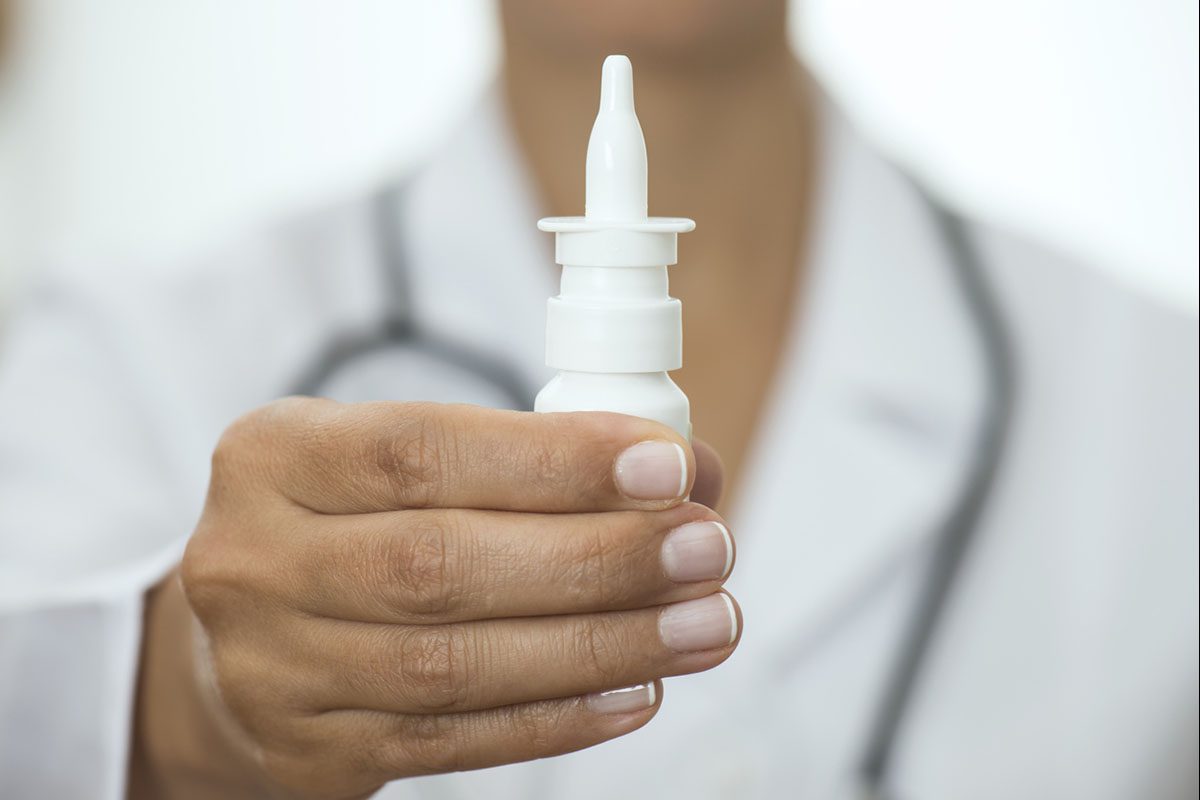Objective: In clinical practice, acute antidepressant treatment is often applied for several months until remission is achieved. However, data on treatment outcomes beyond 8 weeks are sparse and no systematic review exists to date. This study aims at assessing efficacy and tolerability of antidepressants compared to placebo in acute treatment at and beyond 8 weeks.
Data Sources: MEDLINE, Embase, PsycINFO, and CENTRAL databases were systematically searched through March 2014 using generic terms for depressive and affective disorders combined with generic terms for individual drugs and placebo.
Study Selection: Double-blind, randomized, placebo-controlled studies of 8 weeks or more comparing antidepressant monotherapy to placebo in adult patients with acute depressive disorder.
Data Extraction: Data extraction and synthesis followed guidelines of the Cochrane Collaboration. All data were extracted independently by 2 reviewers. Primary outcome was standardized mean difference (SMD) between antidepressant and placebo; secondary outcomes were response, remission, and dropouts.
Results: Of 6,043 articles screened, we selected 104 studies that met criteria and included 35,052 patients. Active treatment was statistically significantly superior to placebo, with consistent effect sizes (SMD [95% CL]) after 8, 12, 16, 20, and 24 weeks: 0.27 (0.24, 0.30), 0.34 (0.25, 0.43), 0.24 (0.09, 0.40), 0.31 (0.12, 0.51), and 0.34 (0.18, 0.50), respectively. Results remained stable across secondary outcomes and subgroup and sensitivity analyses.
Conclusions: Effect sizes of antidepressant monotherapy compared to placebo seem to be stable over 6 months. These results challenge the assumption that long-term antidepressant effects are due to the natural course of the disorder rather than to a pharmacologic effect.
Members Only Content
This full article is available exclusively to Professional tier members. Subscribe now to unlock the HTML version and gain unlimited access to our entire library plus all PDFs. If you're already a subscriber, please log in below to continue reading.
Please sign in or purchase this PDF for $40.00.
Already a member? Login




